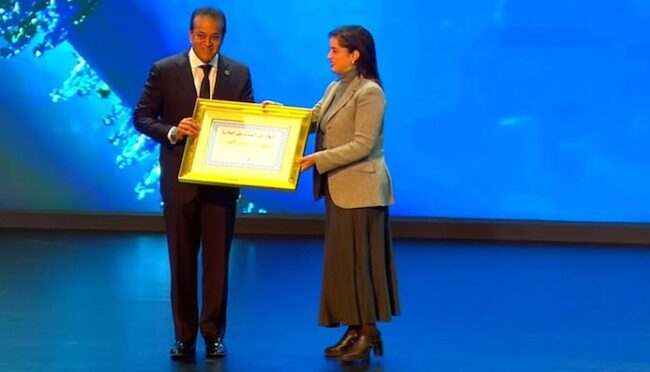Egypt has officially been certified as malaria-free, a milestone celebrated by the World Health Organisation (WHO) as a “truly historic” achievement that culminates nearly a century of efforts to eradicate the disease.
“Malaria is as old as Egyptian civilisation itself, but the disease that plagued pharaohs now belongs to its history and not its future,” stated WHO chief Tedros Adhanom Ghebreyesus.

He praised the certification, highlighting the dedication of the Egyptian people and government in their fight against this ancient scourge.
With this certification, Egypt joins the ranks of 44 other countries and one territory that has achieved malaria-free status.
The WHO grants this certification when a country demonstrates that the transmission of indigenous malaria by Anopheles mosquitoes has been interrupted nationwide for at least three consecutive years. Additionally, the country must show its capability to prevent any resurgence of transmission.
According to the WHO, malaria remains a significant global health challenge, claiming the lives of over 600,000 people annually, with 95 per cent of these deaths occurring in Africa. In 2022, there were 249 million reported cases of malaria worldwide.
The disease, caused by a parasite and spread primarily through mosquito bites, predominantly affects tropical regions.
Egypt’s Health Minister Khaled Abdel Ghaffar emphasised that receiving the malaria elimination certificate marks not the end of their efforts but the beginning of a new phase.
“We must now work tirelessly and vigilantly to sustain our achievement through maintaining the highest standards for surveillance, diagnosis, and treatment,” he said.
The history of malaria control in Egypt dates back to the 1920s, when initial efforts focused on reducing human-mosquito contact, including a ban on rice cultivation near homes.
However, by 1942, malaria cases had surged to over three million due to population displacement during World War II.
The construction of the Aswan Dam in the 1960s created new risks as stagnant water became breeding grounds for mosquitoes. Nevertheless, by 2001, Egypt had managed to bring malaria “firmly under control,” according to the WHO.
In contrast, Nigeria accounts for more than a quarter of all malaria-related deaths each year, followed by the Democratic Republic of Congo, Uganda, and Mozambique.
ALSO READ THESE TOP STORIES FROM NIGERIAN TRIBUNE







